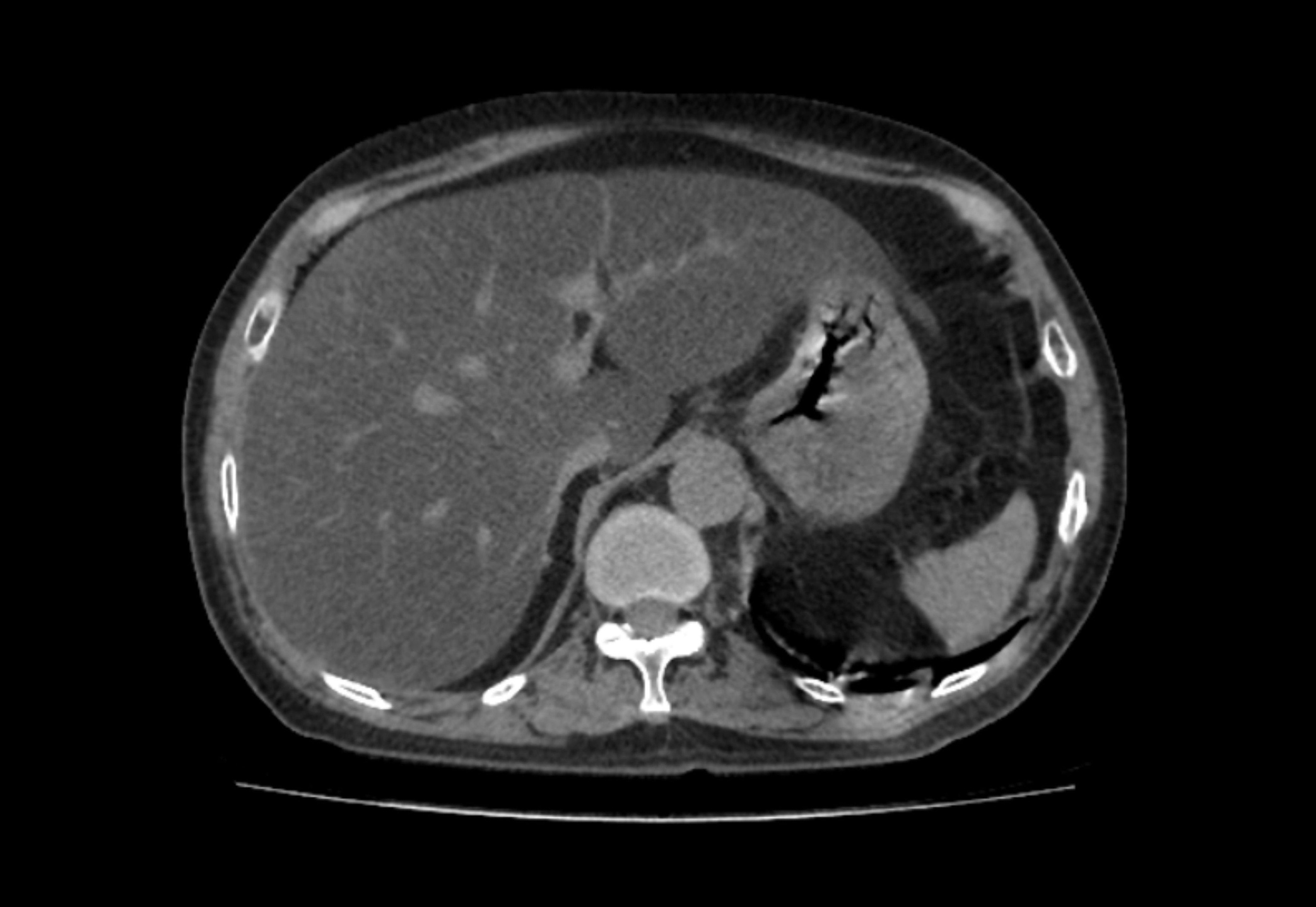Millions of people, and their doctors, have long wished for a pharmacological therapeutic for metabolic dysfunction-associated steatohepatitis (MASH), and the FDA’s March 14 approval of resmetirom as the first drug to treat it represents a significant milestone. However, unless there are substantial changes in policy and better disease awareness, most people living with MASH — who are already relatively underserved or neglected — will not directly benefit from regulatory approval for the foreseeable future.
In a commentary for Nature Medicine, Jeffrey Lazarus, Nevin Cohen and colleagues lay out a global roadmap for tackling MASH.
“There is much more we can do beyond treating MASH pharmacologically,” says Jeffrey Lazarus, CUNY SPH professor of global health. “The FDA’s recent approval of resmetirom is a moment of opportunity for us to map out the full spectrum of educational, clinical, policy, industry, and public health steps required to address this fast-growing metabolic disease.”
The authors outline actions that include addressing regulatory inequities in access to the drug, swiftly scaling up production, increasing awareness of the disease, and facilitating the development of non-invasive diagnostic tools.
They note that integrating resmetirom into clinical practice will require multidisciplinary treatment approaches, addressing mental health issues and providing comprehensive education to healthcare providers. Combination with non-pharmacological interventions (NPIs), such as nutrition and exercise, will be essential.
Moreover, the authors advocate broad policy efforts to address the social and commercial determinants of health that have led to the prevalence of metabolic liver disease. To that end, Lazarus will be leading a MASH side-event at the UN General Assembly this autumn.
“Resmetirom is a potent new weapon in the battle against liver disease, but success hinges on broadening healthcare access, eliminating food insecurity, and reducing disparities in access to healthy food,” notes Nevin Cohen, director of the CUNY Urban Food Policy Institute. “Commitments to both upstream and downstream approaches to fighting liver disease are key to reducing chronic disease and enabling people around the globe to live healthier, longer lives.”




